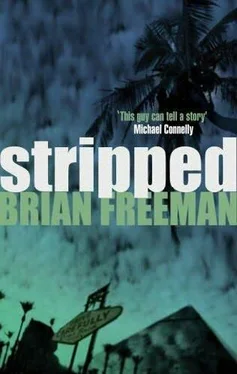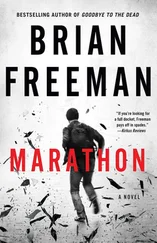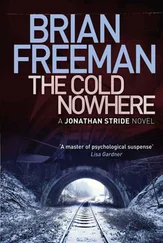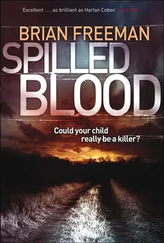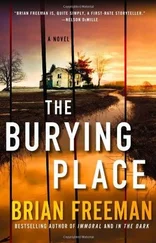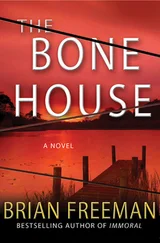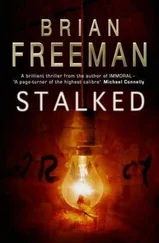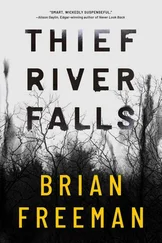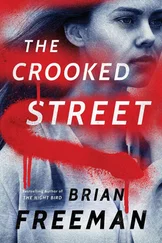Serena sped south out of Reno in a rented Malibu, gulping in the sweet mountain air that whipped through the car, and cranking Terri Clark on the stereo until the speakers of the Chevy vibrated.
“I think the world needs a drink,” Terri sang in her Canadian twang.
People sometimes told Serena she looked like Terri Clark, without the cowboy hat. Both tall, with silky dark hair. Maybe that was why Serena liked her so much.
Like the world in the song on the radio, Serena realized, she needed a drink. When she licked her lips, she could still imagine the taste of vodka, although it had been more than a decade since she quit. A drink was a no-no, off-limits, verboten . She imagined it was like Jonny and cigarettes. It didn’t matter if it was one year or twenty, the desire could come back in an instant and take your breath away.
Her mother’s face flashed in her brain. She tried to will it away by gazing out the window at the crown of Mt. Rose in the distance, but her mother might as well have been standing by the side of the road like a hitchhiker in some old episode of The Twilight Zone . Appearing over and over, following her. Of all the things her mother had done to her that she couldn’t forgive, the worst was passing along her addictive genes. For her mother, the demon was cocaine. For Serena, the demon was alcohol. For two years in her early twenties, she had drunk her way into deadness. She was grateful for AA and for a crowd of strangers who had pulled her back.
Those were the two years after Deidre died. Funny that she didn’t start drinking when the two of them left Phoenix, when the flashbacks of the drug dealer’s dirty hands on her breasts still visited her every night. Or that she didn’t start when Deidre began having sex with men for money and encouraging Serena to do the same. No, it was years later, when Deidre was out of her life. A week after her funeral. One drink became two, two became ten, and ten bled so easily into hundreds.
Someone had told her that Deidre weighed sixty-eight pounds when she died. Serena shivered in the car. The girl she had known was so different, so alive. Red, kinky hair. A trashy way of dressing and walking that men loved, like they loved the tattoo above the crack of her ass, a coiled serpent that seemed to wriggle with pleasure whenever her shirt rode up. She had pale skin, not made for the southwestern sun. Her whiteness set her apart in a town of bronzed bodies. When she was naked in the shower, she almost seemed to glow.
The truth was that Deidre and Serena were never from the same world. Deidre was fast in a fast town, a perfect fit. For the first few years, Serena was grateful that Deidre had plucked her out of the lion’s mouth, but sooner or later, she was bound to split off and go her own way. Eventually, she left Deidre and moved out.
They never talked again. When Deidre died, the guilt came crashing down on Serena, and she filtered it through bottles of Absolut.
She remembered how amazing it was to her that she could put bottles in the freezer and let the alcohol get colder and colder and colder, and still it didn’t freeze.
Sixty-eight pounds, God.
Following the directions that Jay Walling had given her, she pulled onto the shoulder at the end of a long dirt track off old 395, near the house where the murder had taken place. She got out of the car and enjoyed the silence. The few sounds she did hear were crisp and clear, like the crunch of gravel under her feet and the distant rumble of a plane climbing over the hills out of the Reno airport. A hawk pin-wheeled above her, scanning the fields, but otherwise, she didn’t see another living soul anywhere around her.
A handful of old ranch houses dotted the overgrown fields. Farm machinery lay rusted and unused nearby, and telephone wires sagged between poles. She saw the tall mountains to the west, with evergreens climbing the sides and patches of snow clinging to the very peaks. Closer by, the foothills were covered with auburn down, which would turn green when the rains came.
The house she had come to see was modest, a gray twostory with an RV parked on the side. Its closest neighbor was a half mile away. There was a large white-fenced meadow in which she expected to see horses, but it was empty, its bitter-brush bending in the cool breeze. The air was fragrant with wild flowers.
She had a large cup of coffee. She sipped it while she waited, leaning against the hood of the car. Fifteen minutes later, she watched a white Ford Taurus pull up behind her. It was glossy, as if it had just been washed. Serena figured that Jay Walling probably took personal offense at any dirt particles that had the audacity to affix themselves to his car. She knew Walling well. They had worked a nasty homicide the year before, in which a body had been found in the Las Vegas desert and its head had turned up in the ball rack of a Reno bowling alley. Who said murderers didn’t have a sense of humor?
“What say, Jay?” Serena said as Walling got out of the car. “What’s with the bird crap on your coat?”
He looked down in horror, and Serena laughed. Walling wore a black shearling overcoat that must have cost him two thousand dollars, and he pampered it like a baby. He also wore a black fedora that made him look like a holdover from 1950s Manhattan. He was tall, with a long face and a boxy mustache.
“I’ve missed your sense of humor, sweetheart,” Walling told her. “I hope my phone call last night didn’t interrupt a little love fest between you and Detective Stride. I was truly figuring I would get your voice mail.”
“Ten minutes earlier, and you might have heard some heavy breathing.”
“Ah, good” Walling looked a little uncomfortable with the details. “So is it serious?”
“I think so,” Serena admitted. “He seems to think so, too. I’m trying not to screw it up.”
Walling, who knew some of Serena’s history, nodded thoughtfully. “Well, I appreciate your coming up here. Can you tell me more about this receipt you found?”
Serena gave Walling a quick summary of the hit-and-run in which Peter Hale had been killed and told him about their discovery of Lawrence Busby’s car in the parking lot of the Meadows Mall. “The receipt was under die driver’s seat,” she said.
“No line yet on who stole the car?”
Serena shook her head.
“Shame. This could all mean nothing, but it smells funny. That receipt of yours was from a little convenience store less than five miles away. About two hours after those half-dozen Krispy Kreme doughnuts got sold, a woman was murdered at this ranch. Then the receipt shows up in a stolen car used in a hit-and-run in Las Vegas.”
“I don’t like it.”
“No, neither do I.”
“So what happened here?” Serena asked, inclining her head toward the ranch house.
Walling tugged at his mustache and then removed the fedora. He smoothed his carefully trimmed gray hair.
“Brutal killing. We don’t get cases like this very often. Albert Ford came home from a golf game and found the front door open and his wife lying in the foyer. Clean cut across the carotid. Near as we can tell, she opened the door, and the perp dropped her right there. Bloody mess.”
“Motive?”
“We don’t have one,” Walling said. “Nothing was taken from the house. It doesn’t look like he even went inside.”
“And no witnesses?”
Walling shrugged and gestured at the empty landscape. “Out here? Not many neighbors. The road dead-ends to the east. We haven’t found anybody who saw a thing.”
“What do we know about the woman who was killed?”
“Salt of the earth,” Walling said. “Both of them. The Fords are multi-generation Reno residents. Both retired. Albert Ford bred horses for decades and sold out a few years ago. His wife Alice was a schoolteacher-third grade. She put in thirty-five years and retired around the same time that Al unloaded the horses.”
Читать дальше
